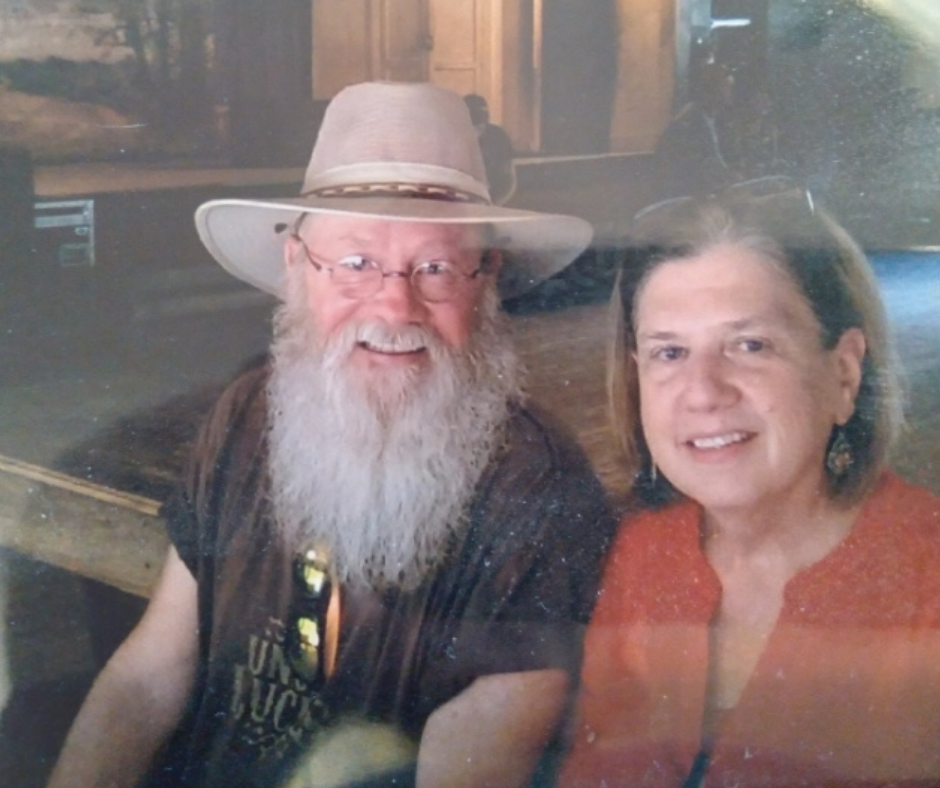Stephen Galloway is no stranger to a health crisis. In 1991, he was a hazmat engineer who responded to a large, dangerous chemical spill in Galveston. Stephen sustained severe burns and suffered long-term health consequences due to the chemicals that he was exposed to, including painful neuropathy which later led to diabetes and near-blindness.
Fast forward to March of this year.
Stephen was visiting with a neighbor when he started to feel dizziness, slurred speech and weakness on the right side of his body. He was barely able to make it to his front door and told his wife that he thought he was having a stroke. She rushed him to the hospital in Kyle where he was treated by CTVS board-certified vascular surgeon, Dr. Taylor Smith. Doctors confirmed he had suffered a stroke.
Stephen experienced the classic symptoms of a stroke, easily identified by the universal F.A.S.T. acronym:
F – Face: it is suddenly drooping on one side
A – Arms: one arm is typically hanging downward or becomes numb
S – Speech: it becomes significantly slowed or slurred
T – Time: call 911 and seek help immediately for any of these symptoms
“Stephen is extremely lucky that he and his wife were able to recognize the stroke signs so quickly and get him help right away,” says Dr. Smith. “Every second that the brain is missing out on blood flow and oxygen due to the interruption from a stroke, cells are dying.”
He adds that “speed is crucial when seeking stroke treatment in preventing irreversible and permanent damage.”
Fortunately, Dr. Smith was quickly able to perform an innovative procedure called a TCAR (TransCarotid Artery Revascularization), in which a small device is inserted into the carotid artery that briefly reverses the direction of blood flow away from the brain. This allows for placement of a stent to open the artery and restore blood flow.
Stephen and his family are extremely grateful for the stroke care that he received, and he’s looking forward to getting back to some of the simple things in life he enjoys like gardening, visiting with friends, and traveling with his wife.
In the United States, someone suffers a stroke every 40 seconds, and approximately every three to four minutes, someone dies (CDC: Centers for Disease Control and Prevention).
As May is American Stroke Month, CTVS urges everyone to be aware of stroke signs and know how to act swiftly, especially if you have loved ones with high blood pressure or other risk factors.
Take this simple quiz to learn more about spotting signs of a stroke.
For questions about any of our cardiac, thoracic, or vascular services, please visit ctvstexas.com or call us at (512) 651-8420 to schedule an appointment with one of our board-certified specialists.
Don’t forget to follow us on Facebook and Instagram and check our blog for regular updates.

